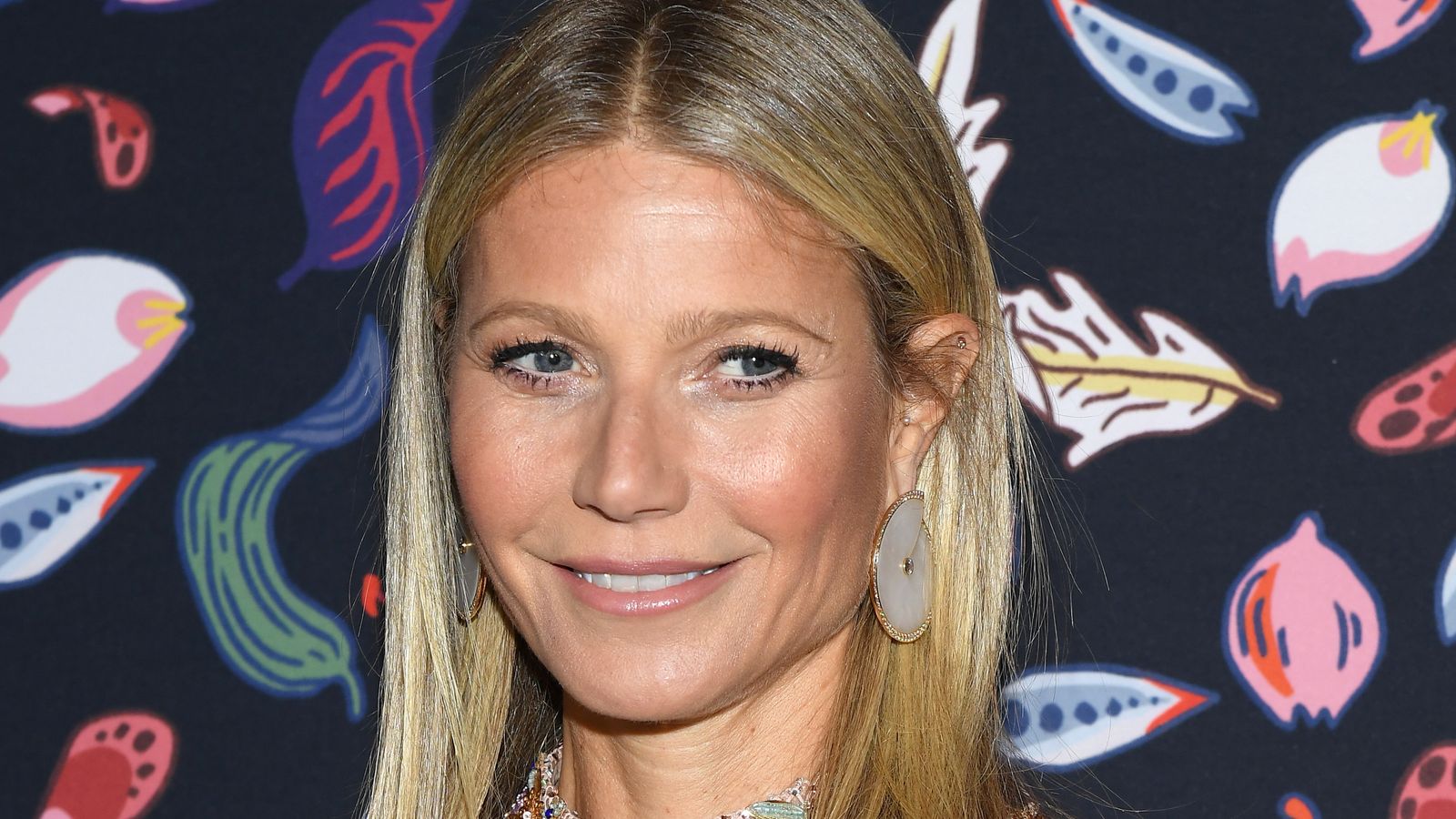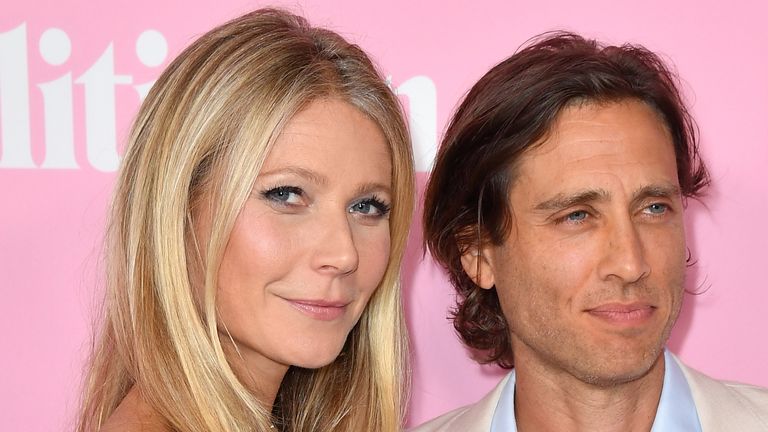Gwyneth Paltrow has spoken about the backlash she faced for using the term “conscious uncoupling” when announcing her split with her first husband Chris Martin.
The Shakespeare in Love actress, 47, and Coldplay frontman, 43, announced in March 2014 they would be divorcing after 10 years of marriage.
In an article for next month’s issue of British Vogue, Paltrow said she knew the celebrity split would get attention, but nothing could have prepared her for the public mockery over their choice of terminology.
“The public’s surprise gave way quickly to ire and derision,” she wrote.
“A strange combination of mockery and anger that I had never seen.
“The intensity of the response saw me bury my head in the sand deeper than I ever had in my very public life.”
She revealed how she realised her marriage was over while celebrating her 38th birthday in the Tuscan countryside – three years before the couple announced they were separating.
“I knew it. It was in my bones,” she said.
“We just didn’t quite fit together. There was always a bit of unease and unrest. But man, did we love our children.”
She said she had never before heard of the phrase “conscious uncoupling”.
“Frankly, the term sounded a bit full of itself, painfully progressive and hard to swallow,” she said.
But it was an idea introduced to her and Martin by their therapist, the man who she said “helped us architect our new future”, as they worked out how to avoid a bitter break-up and remain close.
She said: “I was intrigued, less by the phrase, but by the sentiment.
“Was there a world where we could break up and not lose everything? Could we be a family, even though we were not a couple? We decided to try.”
Paltrow, who has two children with Martin, married again in 2018 to television producer Brad Falchuk.
Martin attended the wedding and joined the newlyweds on their honeymoon.
She said times have changed in the way people handle and work through break-ups.
“Conscious uncoupling/separation/divorce, whatever you want to call it, has now permeated the break-up culture,” she said.
“Instead of people approaching me with, ‘Why did you say that?’, they now approach me with, ‘How do you do that?'”



